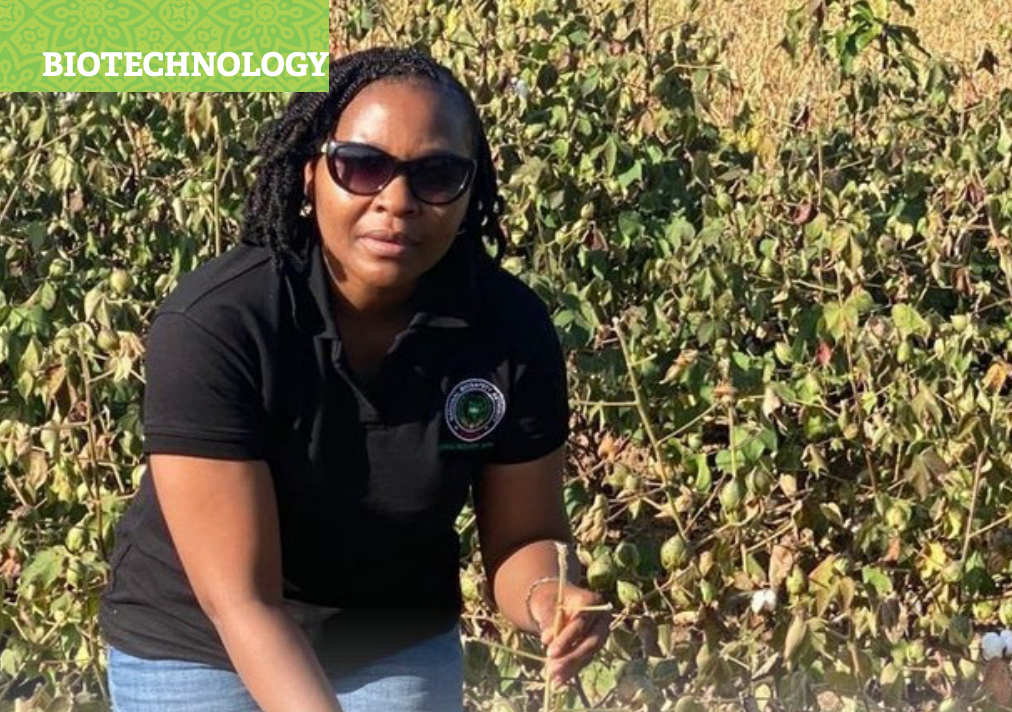By Abook Brian
The NBA aligns with the Cartagena Protocol on Biosafety and has enacted four key biosafety regulations: the Biosafety Environmental Release Regulations 2011 designed to safeguard the environment from potential adverse effects of GMOs; the Biosafety Import, Export, and Transit Regulations 2011 govern the safe movement of GMOs into, across, and out of Kenya while prioritising human health and environmental protection; the Biosafety Contained Use Regulations 2011 guide activities involving GMOs in controlled environments like laboratories, greenhouses, and confined field trials during research; the Biosafety Labeling Regulations 2012 ensure that consumers are informed when food, feed, or products are genetically modified, facilitating informed choices and product traceability.
The government’s commitment to developing the biotechnology industry is outlined in the Biotechnology Development Policy.
This policy promotes indigenous research and development activities, emphasising sustainable exploitation of bio-resources for agriculture, environment, health, and industry.
Before conducting any work with GMOs, individuals or organisations must submit an application to the NBA, fulfilling the requirements in the Biosafety Act of 2009. Guidelines and checklists are available to support this process, such as those for risk assessment and certification of facilities, environmental risk assessment, food/feed safety, genome editing, and sampling. These measures collectively contribute to the responsible management and regulation of GMOs in Kenya, ensuring safety and sustainability.
The NBA is pivotal in facilitating trade by ensuring streamlined cargo clearing processes, particularly in the context of GMOs.
Through the issuance of GMOFree and Non-GMO-Free certificates, the authority ensures that products adhere to strict biosafety standards, allowing for the smooth flow of goods across borders. Rigorous lab tests encompassing human and animal health are conducted to verify compliance. These tests are essential to protect consumers from potential health risks associated with GMOs and safeguard the well-being of animals that may come into contact with these products.
Additionally, by maintaining stringent biosafety measures, the NBA preserves the environment’s integrity, ensuring that GMOs do not threaten ecosystems or biodiversity.
This comprehensive approach promotes international trade and underscores the commitment to safety and transparency in the global marketplace. As a regulatory agency dealing with GMOs and all activities around them, the authority actively participates in all matters regarding capacity building and public awareness.
The authority has participated in and organised training for their stakeholders, such as expert reviewers on risk assessment, risk management, and socio-economic impact assessment of GMOs. Additionally, the NBA has been sensitising the public and other stakeholder members on all activities involving GMOs.
The authority has also participated in numerous exhibitions held by the Agricultural Society of Kenya (ASK), where members of the public have gained knowledge and information on biosafety of GMOs. Brian Abook is the Corporate Communications & Customer Relations head, National Biosafety Authority, Kenya.

